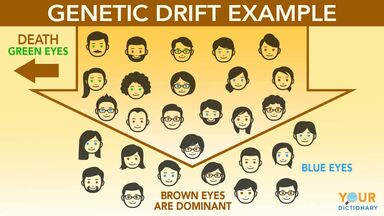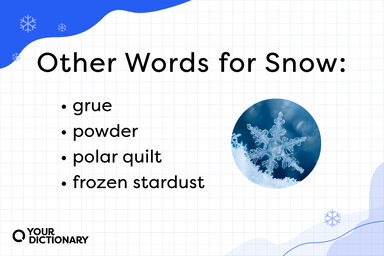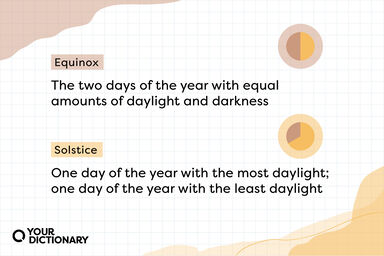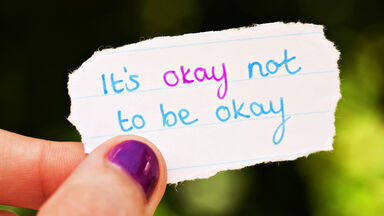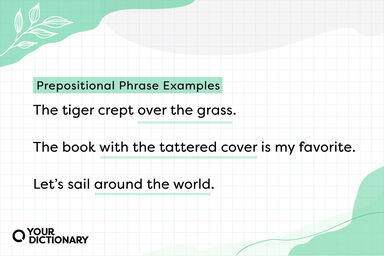Drift Definition
- bum-around
- go-with-the-flow
- be carried along
- tend
- gravitate
- move with the current
- wander at random
- coast
- float
- stray
- rove
- roam
- wanderer
- be caught in the current
- go with the tide
- to gradually lose interest in or affection for each other
- to fall asleep
Idioms, Phrasal Verbs Related to Drift
Origin of Drift
-
From Middle English drift, dryft (“act of driving, drove, shower of rain or snow, impulse”), from Old English *drift (“drift”), from Proto-Germanic *driftiz (“drift”), from Proto-Indo-European *dhreibh- (“to drive, push”). Cognate with North Frisian drift (“drift”), Dutch drift (“drift, passion, urge”), German Drift (“drift”) and Trift (“drove, pasture”), Swedish drift (“impulse, instinct”), Icelandic drift (“drift, snow-drift”). Related to drive.
From Wiktionary
-
From Middle English drove, herd, act of driving dhreibh- in Indo-European roots
From American Heritage Dictionary of the English Language, 5th Edition
Related Articles
Drift Is Also Mentioned In
Find Similar Words
Find similar words to drift using the buttons below.
